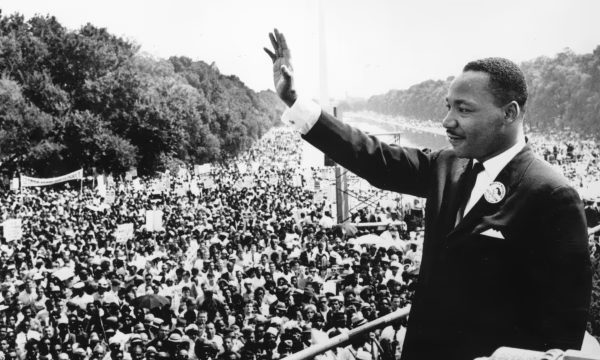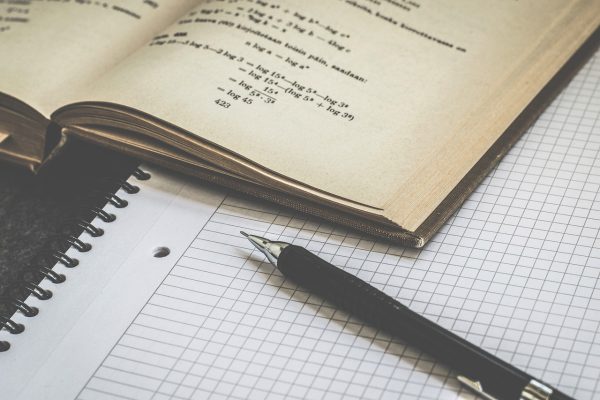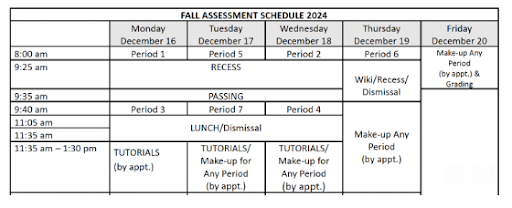Employers should strictly adhere to restrictions for minors
Image by Free-Photos from Pixabay
Khalid Douglas is a 16-year-old junior at Waipahu High school. He participates in both football and track and works part-time at Chuck E Cheese. Yesterday, he came home a little after 11 PM, about the same time that his mom came back from her eight-hour night shift. He then had only five or six hours to sleep before he had to wake up to get ready for school the next day.
Imagine how many high school students have to deal with the same situation as Douglas does daily. This brings up the question of whether jobs should enforce stricter rules on working minors in Hawaii.
In Hawaii, 14- and 15-year-olds may not work more than three hours per day on a school day, and eight hours per day on a non-school day. During school weeks, they may not work more than 18 hours per week, and not more than 40 hours per week during non-school weeks. On school days and the day before a school day, they may work between 7 AM and 7 PM, or between 6 AM and 9 PM on non-school days and the days before non-school days, like Fridays and days before school holidays. They cannot work more than 6 consecutive days, and 5 consecutive hours without at least a 30-minute rest or meal period.
For 16- and 17-year-olds, there are no restrictions on hours except when minors are required to be in school.
These legal working hours mainly are set for younger workers to make sure they aren’t waking up too early or staying out too late. For example, Douglas mentioned that he usually leaves for work one or two hours after school ends, and arrives back home a bit before midnight, even though his shift is normally supposed to end at 10 PM. So Khalid works more than 6 hours every other day, while also trying to maintain good grades and play sports. This type of lifestyle can negatively affect teenagers’ mental and physical health due to the stress and lack of sleep.
Khalid’s supervisor, Kiana Piliwale, says that she feels that her superiors should “work to be stricter on more important things like making sure the younger ones go home at the legal time, rather than being super strict about something less important, like dress code.”
Piliwale has finished school already, and mentioned that she feels bad whenever she finds herself leaving work before the minors do. Even as a supervisor, Piliwale said that she cannot do much to ensure that minors do not work late hours.
I believe that employers should take the initiative and prioritize legal and reasonable working hours when hiring and scheduling minors. When employers hire minors, they should watch over them and make sure they are looked after, even though they are workers. If all employers enforce these rules, it would show that they care about minors’ education and overall health. It is important that the minors are motivated to take care of themselves for their education. Education should be their first priority as it will benefit them in the long run. All in all, I believe that jobs in Hawaii should be stricter on rules for working minors because their health and education will have a major impact on their lives and their futures.






